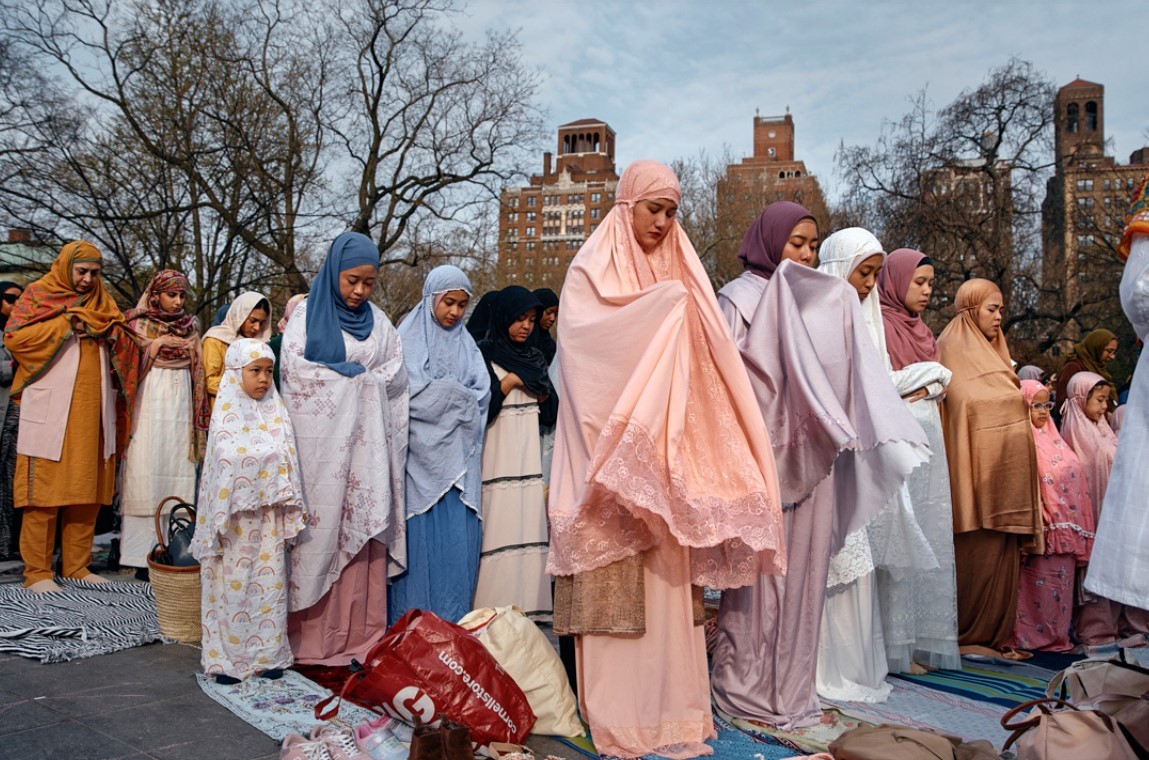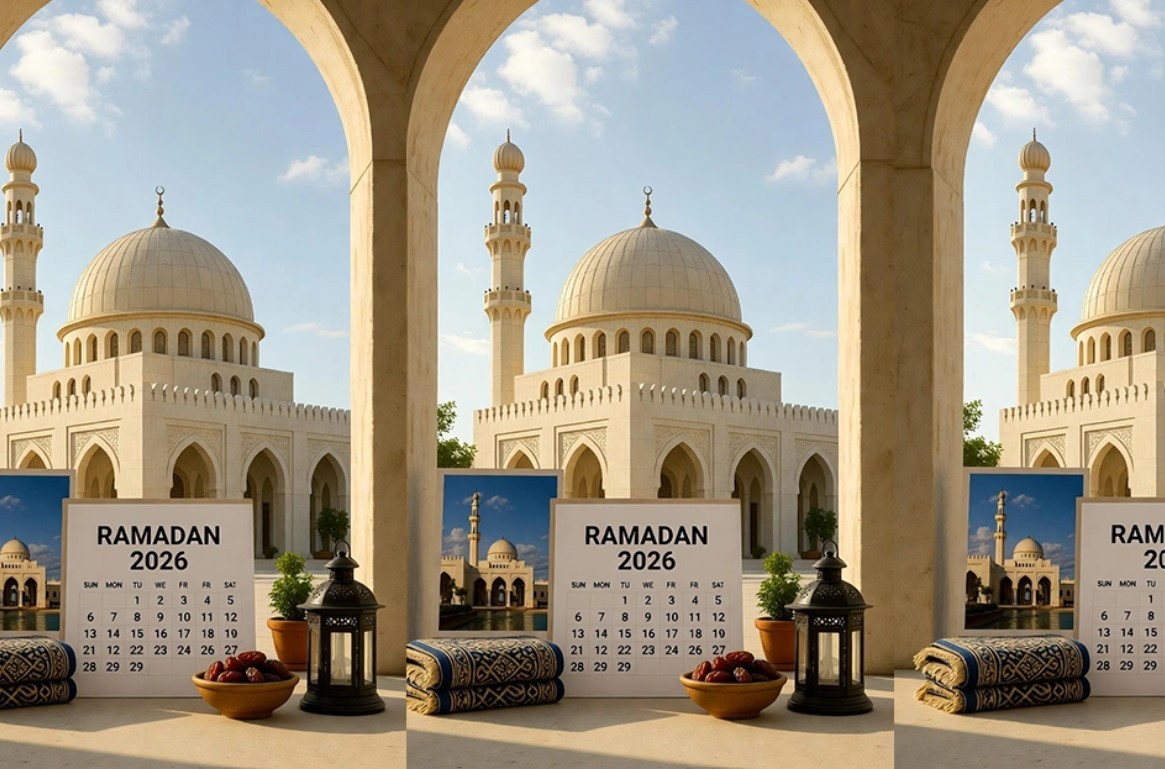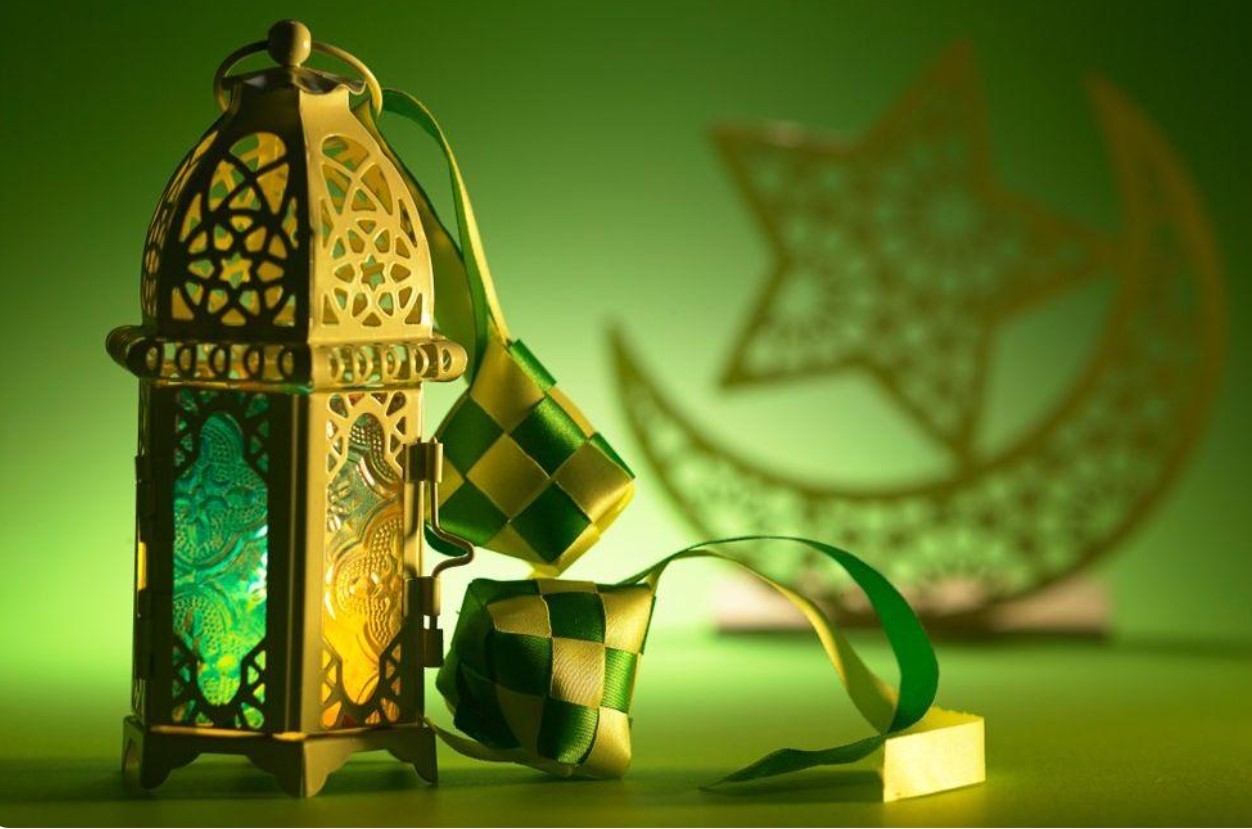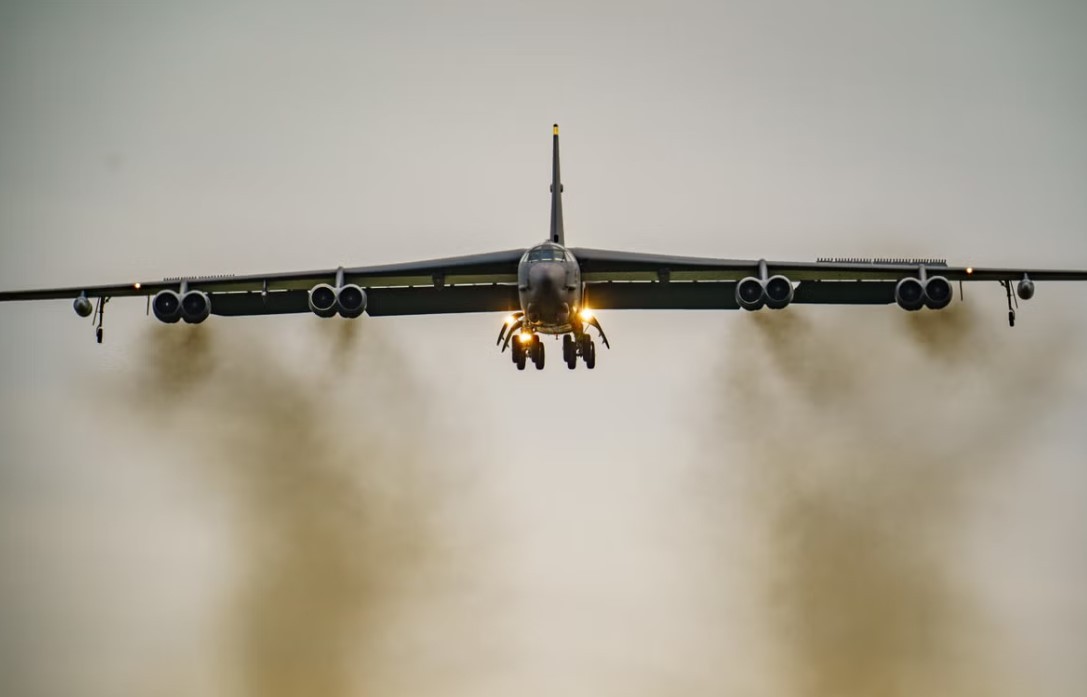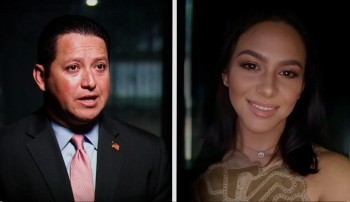Everything You Should to Know About Ramadan: 55 FAQs
Muslims around the globe regard Ramadan as a sacred month. During this time, they fast from sunrise to sunset, abstaining from food, drink, and other essential needs. Although the customs and practices of Ramadan might seem challenging to those unfamiliar with them, they are integral to Muslim culture and offer a time for reflection and mental rejuvenation.
Our goal is to answer frequently asked questions about this holy month, fostering a deeper understanding and empathy for your Muslim friends, colleagues, and family.
Learn more: When Will Ramadan 2025 Start and End?
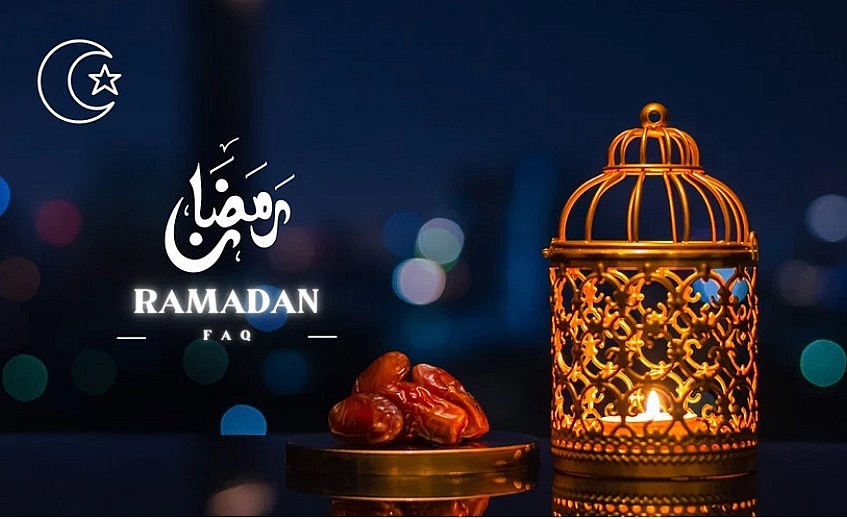 |
| Top Ramadan FAQs Answered |
These are the Top 55 Frequently Asked Questions about Ramadan, which Muslims worldwide observe as a time of fasting, as provided by KnowInsiders with explanations and answers:
1. What is Ramadan?
The Islamic lunar calendar has nine months, including Ramadan, which is a time for Muslims all over the world to observe a month-long fast, prayer, and introspection.
Muslims believe that during this month, on a night dubbed "The Night of Power" (Arabic: Laylat al-Qadr), God revealed to Mohammed the first verses of the Quran, the holy book of Islam.
Every day from sunrise to sunset, Muslims fast for the entire month of Ramadan. It is intended to be a period of spiritual discipline, including in-depth reflection on one's relationship with God, more prayer, greater acts of kindness and charity, and thorough Quran study.
| The Prophet Mohammed reportedly said, "When the month of Ramadan starts, the gates of heaven are opened and the gates of hell are closed and the devils are chained." |
2. Why is Ramadan Called Ramadan?
According to the Islamic lunar calendar, Ramadan is the ninth month and lasts for either 29 or 30 days, depending on when the new crescent moon should be visible. Ramadan literally means "heavy heat" in Arabic. It appears that Ramadan was the name of a sweltering summer month in pre-Islamic Arabia. However, the date of Ramadan varies from year to year according to the Islamic calendar. A Gregorian year is approximately 11 days longer than an Islamic year.
3. When does Ramadan occur?
The exact dates of Ramadan vary from year to year, as the Islamic calendar is based on the lunar cycle.
4. What can I do to be respectful of my Muslim friends during Ramadan?
Even if you are not Muslim, it is illegal in some Muslim countries to eat and drink in public during Ramadan.
Of course, this is not the case in the United States, the United Kingdom, Canada, and elsewhere.
All that being said, there are some things you can and cannot do to make life easier for friends or colleagues who are fasting for Ramadan.
If you plan a dinner party and want to invite your Muslim friends, try to schedule it after sunset so they can eat.
If you want to wish your Muslim friends and acquaintances a happy Ramadan or Eid al-Fitr, simply say, "Happy Ramadan!" or "Happy Eid!". That is not offensive. However, if you want to demonstrate that you made an effort to learn more about their religion, the standard greetings are "Ramadan/Eid kareem" ("have a generous Ramadan/Eid") or "Ramadan/Eid mubarak" ("have a blessed Ramadan/Eid").
5. How can I share the spirit of Ramadan with my community, even if they’re not Muslim?
If you live in a community where a large portion of the members are not Muslims, the Muslim Council of Britain has some excellent suggestions for getting your neighbors in the mood for Ramadan.
Among the recommendations are:
Advertise that you are observing Ramadan to your neighbors and extend an invitation for them to join you for Iftar by hanging a banner from your front door.
Offer to assist your neighbors with any errands or shopping they may have during Ramadan.
In order to increase community awareness, get in touch with your local newspaper or news website and request that they publish articles about Ramadan.
Urge your kids to discuss the meaning of Ramadan with their friends.
Even if you work or study from home, take the initiative to discuss what Ramadan means to you with coworkers or classmates.
Video - How to say happy ramadan in Arabic
1.Ramadan Mubarak:
2.Ramadan Kareem:
6. Why do the Dates of Ramadan Change Every Year?
Muslims use a lunar calendar, which is based on the phases of the moon and has 12 months that add up to roughly 354 days, for religious purposes. Compared to the 365 days in the conventional Gregorian calendar, that is 11 days fewer. As a result, the Islamic lunar calendar is approximately 11 days behind the regular Gregorian calendar each year.
In other words, according to the Islamic lunar calendar, the first day of Ramadan, the ninth month, advances by roughly 11 days annually.
7. Can Ramadan be in Winter?
Since Ramadan is based on the lunar calendar, it occurs every year 11 days earlier and spans 33 years, during which time it occurs in all four seasons. As a result, there are shorter fasts during the winter and longer fasts during the summer.
8. How do Ramadan practices vary around the world?
The customs surrounding Ramadan can differ substantially among nations, cultures, and communities. While mealtimes, prayer times, and cultural holidays may vary among nations, the fundamentals of fasting, prayer, and introspection are universal.
9. Can non-Muslims participate in Ramadan?
Although they are not obligated to fast during Ramadan, non-Muslims are always welcome to learn about the customs and participate in any way that suits them. This can involve going to iftar dinners, going to the mosque, or just showing consideration for people who are fasting.
10. Is everyone expected to fast?
Muslims take fasting seriously and consider it a priority, but not everyone is able to fast or is expected to. Those who are excused consist of:
Youngsters Senior Citizens
Anyone suffering from illness
ladies who are nursing or expecting
Individuals with diabetes or any other chronic illness
Anyone on a journey
11. What is Sawm (Fasting)?
In order to demonstrate their devotion to God in the face of hardship and temptation, Muslims are required by the Qur'an to fast. Sawm, a period of fasting from sunrise to sunset, instills in Muslims self-control, endurance, patience, and submission to God. It also puts the situation of those who cannot afford nourishing meals on a regular basis into perspective. Muslims who fast frequently experience a quiet, inner serenity that draws them even closer to God.
12. Why do Muslims Fast during Ramadan?
One of the Five Pillars of Islam, which form the cornerstone of Muslim life, is fasting during the month of Ramadan.
Muslims observe the fast during Ramadan as a means of practicing self-control, self-discipline, and sacrifice as well as showing their devotion to Allah. It's also thought to be a means of developing empathy for the less fortunate and a greater sense of gratitude for the blessings in their lives!
13. What is the Significance of Ramadan?
Ramadan is a period of fasting and spiritual growth, and is one of the five "pillars of Islam." The others being the declaration of faith, daily prayer, alms-giving, and the pilgrimage to Mecca. Able-bodied Muslims are expected to abstain from eating and drinking from dawn to sunset each day of the month.
Many practicing Muslims also perform additional prayers, especially at night, and attempt to recite the entire Qur'an. The prevailing belief among Muslims is that it was in the final 10 nights of Ramadan that the Qur'an was first revealed to the Prophet Muhammad.
14. What are the rules of fasting during Ramadan?
During Ramadan, Muslims abstain from food, drink, smoking, and other physical needs from dawn until dusk. Exceptions are made for those who are ill, pregnant, breastfeeding, or traveling. At sunset, Muslims break their fast with a meal called iftar.
15. What happens during the evening meal (Iftar)?
During Ramadan, the fast is broken at sundown with a meal known as iftar, which is often shared with loved ones. Dates and water are the usual starters, and then the meal progresses through soup, salad, the main course, and even dessert!
16. What happens on the last day of Ramadan (Eid al-Fitr)?
Muslims all across the world celebrate the end of Ramadan with a feast of joy and appreciation known as Eid al-Fitr. It’s a time to be generous to those in need, spend time with loved ones, and take part in festive celebrations.
17. What is the significance of the Qur’an during Ramadan?
Since the Qur’an is believed to have been revealed to the Prophet Muhammad during the month of Ramadan, this is a period of enhanced Qur’anic study and introspection. Many Muslims take advantage of the additional prayer and study time to delve more deeply into the teachings of the Qur’an.
18. What is the purpose of Zakat during Ramadan?
One of the Five Pillars of Islam is zakat, a charitable practice that entails donating a certain percentage of one's wealth to those in need. It is customary for Muslims to increase their Zakat contributions during Ramadan in order to purify their wealth and assist the less fortunate. This is regarded as an approach to show compassion and generosity as well as to strengthen one's relationship with God!
19. What is the significance of the Laylat al-Qadr?
The Night of Power, or Laylat al-Qadr, is a special night in Ramadan that is thought to be the night the Prophet Muhammad (PBUH) was given the first verses of the Qur'an. Muslims consider this night to be one of increased blessings, when their acts of worship and prayers are more likely to be accepted.
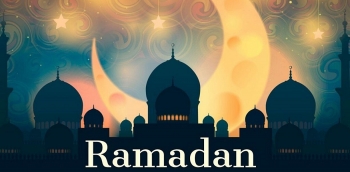 Food to Eat and Avoid in Ramadan Month Food to Eat and Avoid in Ramadan Month |
20. What is the significance of Sadaqa during Ramadan?
A voluntary charitable donation that is made outside of the required Zakat is called a sadaqa. Many Muslims decide to give more sadaqa during Ramadan in order to show their generosity and compassion as well as to share their blessings with others.
21. What foods are commonly eaten during Ramadan?
To break the fast, traditional iftar meals consist of dates, water, and other small snacks. A heartier meal, comprising of various dishes like lamb, chicken, rice, and lentils, is served following the evening prayers.
22. What is the purpose of fasting?
One can practice self-control by fasting. It is challenging to abstain from food, drink, and sexual activity because these are three of the strongest human desires. Muslims gain self-control that they can use in other areas of their lives by learning to go without these three basic human needs for a while. Someone who has gone sixteen hours without drinking water, for instance, will find it easier to resist the urge to indulge in alcohol or commit other illegal acts. This cultivates the attribute of being aware of God, which is the ultimate goal of fasting.
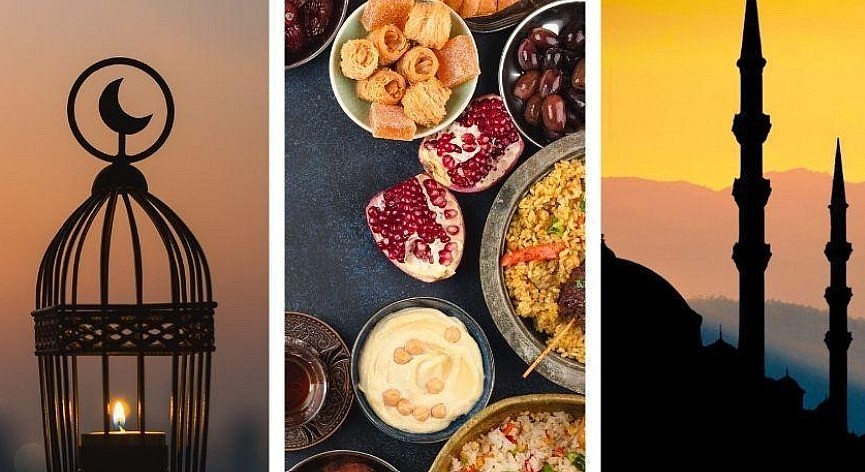 |
| Most Frequently Asked Questions And Answers for Ramada |
23. Why do some people pray 8 and others 20 units of taraweeh prayer?
Scholars disagree about the number of units that should be prayed for taraweeh prayer. It is advisable to adhere to the rules of the masjid where you are praying and to accept people who have different beliefs.
24. Can someone make up missed fasts from Ramadan at a later time?
Yes, it is possible to make up missed fasts during Ramadan for those who are unable to fast during the month for health or other reasons. Usually, this is done as soon as Ramadan is over and continues until the following Ramadan.
25. How soon must I make up missed fasts?
If someone needs to make up for missing a fast, they can do so whenever they choose before the next Ramadan. It is advised not to postpone without a good reason, though. If a person has missed multiple fasts, they can either intermittently or consecutively make up those fasts, though the former is preferable. If someone hasn't made up the lost time by the next Ramadan, they will be worthy of sin without a justification.
26. When should my children start fasting?
It was taught by the Prophet Muhammad that children should start praying when they are seven years old. Thus, they ought to become familiar with the practice of prayer and make an effort to engage in it occasionally.
Then he made it clear that they would be punished if they did not start praying on a regular basis by the time they turned ten. They will have three years to acclimate and gain knowledge of what they are doing. This also holds true for fasting. Children should be taught how to fast and encouraged to do so, at least occasionally, once they turn seven years old.
Parents should encourage their ten-year-old children to fast for the whole month, or as much of it as they can, by that age.
27. How sick do you have to be to skip fasting?
A person who is ill and for whom fasting is unlikely to improve their condition, worsen their illness, or postpone recovery is exempt from the fast. You can find out how serious their illness is by speaking with a medical expert. Even those with a slight fever or cough should still fast because there is typically little risk involved. Keep in mind that fasting can be uncomfortable even in healthy individuals, so exercise caution when determining whether you are too ill to fast.
28. Should pregnant women fast?
Many expectant mothers fast, and it has no negative effects on either the mother or the unborn child. But this also depends on the woman's lifestyle, the time of year, and her physical condition and stature. Every situation is unique. To find out if fasting poses a serious risk to the mother or child, it is best to speak with a medical expert who is knowledgeable about both pregnancy and nutrition. If so, the expectant mother shouldn't fast; instead, she should make up the days she missed.
29. Should breastfeeding women fast?
Many women both continue to fast and breastfeed their children. Neither they nor their milk supply are harmed by it. But this also depends on the woman's lifestyle, the time of year, and her physical condition and stature.
Every situation is unique. In order to determine whether fasting poses a serious risk to the mother or the baby's ability to produce milk, it is best to speak with a medical expert who is knowledgeable about both breastfeeding and nutrition. If so, the nursing mother will have to make up the days she missed later rather than fasting.
30. What if a woman has successive pregnancies and is unable to fast for a few years?
A woman in this situation might have to make up for missing several Ramadans and fast for a few previous years. If someone misses a fast during Ramadan, they should usually make it up before the next month of Ramadan begins.
If an individual has missed multiple Ramadans, they are more permissive in extending the duration of these makeup fasts. If a woman finds it difficult to fast because of her circumstances, she should try making up her fasts during the winter when the days are shorter and spreading them out by fasting one or two days a week.
 Happy Eid Mubarak: Best Wishes and Great Messages Happy Eid Mubarak: Best Wishes and Great Messages |
31. What if someone has a chronic illness or is really old?
Individuals who are too old or have a chronic illness to be able to fast safely are exempt from this requirement. But since this will continue, they will have to provide two average meals to a poor person for each day they are unable to fast. They have thus merited the benefit of fasting in spite of their incapacity.
32. Can I still fast when traveling?
A traveler is exempt from fasting because of the challenges and inconveniences that come with the trip. Still, it is preferable to fast if there won't be much difficulty. Once back from the journey, any missed fasts must be made up.
33. Can I use an asthma inhaler?
Using an asthma inhaler does not break the fast because it neither nourishes the body nor goes into the stomach.
34. Can I wear perfume when fasting?
It is permissible to wear perfume while fasting since inhaling that fragrance neither nourishes nor reaches the stomach.
35. What if two different masjids in my area are starting/ending Ramadan on different days?
The beginning and end of Ramadan are a topic of disagreement among Muslim scholars. It is best to adhere to the Islamic knowledge of the masjid you trust the most. Even though you believe the other masjid to be less knowledgeable about Islam, you are free to accept their judgment and adhere to their schedule if doing so will split your family or lead to other challenging situations.
36. Does vomiting break my fast?
When a significant amount of vomit is deliberately released and cannot be contained, it breaks the fast. Since that is rarely done on purpose, this is typically an uncommon situation. Inadvertent vomiting, however, does not end the fast.
37. Is it ok to use eye/ear/nose drops or enemas?
Since eye, ear, and nose drops typically do not reach the stomach or nourish the body, using them is acceptable.It is not comparable to food or drink as a result.
When using nose drops, it's crucial to avoid swallowing any liquid that may trickle down and enter your mouth. Fasting is not broken by giving medicine intravenously or using an enema to clear the bowels. The fast is broken, though, if the enema is used to hydrate or nourish and reaches the stomach.
38. Does a medical injection break the fast?
Since a medicinal injection neither nourishes nor reaches the stomach, it typically does not break the fast. Injecting glucose or another nutrient, however, does break the fast.
39. Can drinking water be consumed during the fast?
No, you are not permitted to drink water while fasting. This is an essential component of the fast, which is to teach Muslims self-control, patience, and compassion for those who are less fortunate. It's crucial to remember that this rule does have some exceptions. For instance, someone might not need to fast if they are unwell or traveling.
40. Can I brush my teeth with toothpaste while fasting?
While fasting, brushing your teeth is acceptable and may even be advised. As long as you take great care not to swallow any toothpaste, using toothpaste does not break the fast. However, because toothpaste leaves a taste in your mouth, it is best to avoid using it unless absolutely necessary. To ensure that you have clean teeth when you start your day, it would be best to use toothpaste right before breaking your fast.
41. Can I go to the dentist while fasting?
Since it is likely that water will be swallowed during the procedure, it is best to avoid having dental work done while fasting. The fast will be broken if any water is ingested that could have been avoided.
42. Can I use mouthwash?
Mouthwash leaves a taste in your mouth, so using it while fasting is not advised. But, as long as you take care not to swallow any, breaking the fast won't occur if you need to get rid of bad breath that could bother those you're close to.
43. What if I swallow small bits of food accidentally that were stuck in my teeth?
Swallowing food accidentally does not break the fast, even if it is a large amount. Continue fasting as usual.
44. Can I give blood while fasting?
Giving blood while fasting does not affect the fast, although it is disliked if it will.
45. Can I go swimming while fasting?
It is permissible to swim while fasting, provided that no water is swallowed.
46. What is Suhur?
During Ramadan, suhur is the meal that is eaten before the fast officially begins each day. Before the fast starts, Muslims use this time to spend time in prayer and reflection, as well as to fuel their bodies for the coming day.
47. If I got hungry and broke my fast in Ramadan, do I just ask Allah for forgiveness?
In addition to having to make up the lost fast, anyone who purposefully breaks their fast during Ramadan without a valid reason by eating, drinking, or engaging in sexual activity will face consequences for violating the sacred month of Ramadan. This is to underline how important it is for all eligible Muslims to observe Ramadan fasting.
They will have to fast for sixty days straight as a penalty. If they are not able to accomplish this, they will have to provide two average meals a day to sixty impoverished people. It is also permitted to provide the monetary equivalent of the food or to feed one underprivileged person for sixty days. There will only be one penalty for anyone who purposefully breaks their fast more than once during Ramadan.
48. What is Sadaqatul Fitr and when should it be paid?
At the conclusion of Ramadan, a charity known as Ṣadaqah al-Fiṭr or Fitrah—literally, the charity of breaking fast—is given. It allows those in need to enjoy Eid without worrying about having to work on that day to support themselves. Every Muslim who has more than their personal belongings (the minimum amount, or niṣāb) is required to pay zakāh on the day of Eid. This is known as the Fiṭrah. A woman is required to pay for herself, and a man is required to pay on behalf of himself and any minor children. On the day of Eid al-Fiṭr, the obligation starts at dawn, and whoever has the money at that time has to pay the Fiṭrah.
Before the Eid prayer starts, the Fiṭrah needs to be paid. But even if payment is delayed, the obligation still exists and needs to be met. In order for the funds to be appropriately distributed to those in need, it is advised that they be paid in advance. Beginning on the first day of Ramadan, payment in advance is permitted. Food items have been used to measure the amount that must be paid. It's four double handfuls of any kind of staple food—barley, raisins, dates, etc. If giving the impoverished the full amount in cash would enable them to buy more food or clothing, that is advised. Like Zakāh, Fiṭrah can only be given to the needy and impoverished who do not own at least three ounces of gold.
49. Can I pray witr behind an Imam who normally prays a different way?
During the month of Ramadan, witr prayer is frequently offered in a group setting. If the Imam leading that prayer prays differently than you do, you should try to imitate his style of prayer. Scholars disagree about the proper way to perform the witr prayer, so when you pray behind the Imam, it is best to put his or her opinion before your own.
50. Can I hold a copy of the Qur’an or electronic device during taraweeh prayer?
It is considered improper to make unneeded, excessive movements during prayer. It is usually unnecessary to make unnecessary movements when holding a copy of the Qur'an, particularly when prostrating yourself. Moreover, listening to the Qur'an read aloud, rather than reading it, is the ultimate goal of congregational prayer.
There are other strategies one can use to address concentration problems if they arise during prayer. When you use an electronic device for the same purpose, it's just as bad, if not worse, because those around you who are trying to focus on prayer are also disturbed by light-emitting devices.
51. Do I have to renew my intention to fast every night?
Fasting is an act of worship, so it is only valid if it is done with the intention of fasting. For instance, it wouldn't be considered a fast if someone skipped meals and liquids all day with the goal of dieting. It is sufficient to declare your general intention to fast for the entire month of Ramadan. The intention to continue fasting during Ramadan must be made again before beginning if anything, such as illness or travel, causes it to change.
52. What are some gifts I can give to celebrate Eid ul-Fitr?
We are aware of how difficult it can be to spend holidays and festivities apart from friends, family, and one's self. Here are some suggestions for how to express your love and gratitude to your loved ones even if you are unable to see them this year:
Give them an opulent halal hamper.
Through a personalized Eid gift from Noorah's Gifts
Give them a stunning piece of personalized Arabic jewelry from Rehmania.
If you're unsure of what to buy, you can always send money. It's an excellent choice because it enables them to purchase items for themselves.
53. What happens at the end of Ramadan?
Muslims celebrate the holiest night of the year, Laylat Al Qadr, on the last ten days of Ramadan. It honors the evening when the Prophet Muhammad received his first revelation of the Quran.
Two things occur at the end of the month.
Donations for Zakat are made first. Zakat is an obligatory charitable practice and one of the five pillars of Islam. The word "zakat" means "to purify," and Muslims who pay it feel blessed with the remaining portion of their wealth after being purified. [Islamic Aid]
Second, there is the celebration of Eid Ul-Fitr, a time for feasting and gift-giving. Ramadan Mubarak is replaced with Eid Mubarak on Eid-Ul-Fitr.
54. What does Ramadan teach us?
During the month of Ramadan, we learn how to guard our souls against immorality and greed while becoming more pious, disciplined, and self-controlled. Above all, though, the month shows us how to strengthen our relationship with God. Additionally, the month of Ramadan cultivates empathy in us.
55. What is the importance of community during Ramadan?
Muslims gather together during Ramadan to encourage one another in their spiritual endeavors. This can involve participating in charitable deeds, attending group prayers, and sharing meals. A significant part of the observance of Ramadan is the sense of community and shared purpose that can enhance everyone's spiritual experience!
In Conclusion
Prepare to dive into 55 frequently asked questions along with their answers, as KnowInsiders offers clear and concise insights into Ramadan and the global practice of fasting among Muslims.
If our previous Q&As have enhanced your understanding of Muslims as friends, colleagues, and allies, please share this knowledge with them during the sacred month of Ramadan. A simple gesture like extending warm wishes can make a difference, and you might also consider giving thoughtful gifts or other meaningful tokens.
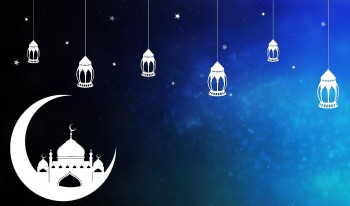 Ramadan Mubarak: Best Wishes, Quotes and Messages for Dear Ramadan Mubarak: Best Wishes, Quotes and Messages for Dear Here is a list of greetings, sayings, and messages to share with your loved ones this Ramadan. |
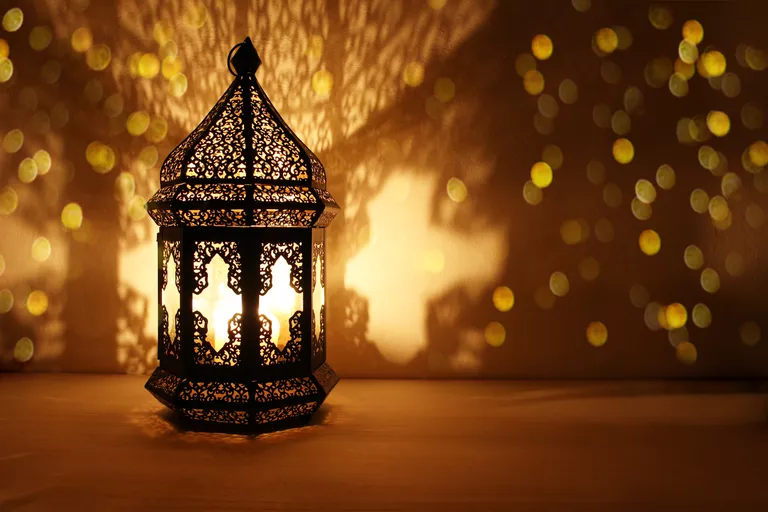 Why Is Ramadan Important for the Muslim Community: Dos and Donts Why Is Ramadan Important for the Muslim Community: Dos and Donts Ramadan is the ninth month of the Islamic lunar calendar and is observed by devout Muslims as a period of fasting, contemplation, and worship. The ... |
 When does Ramadan 2024 Begin in Different Countries? When does Ramadan 2024 Begin in Different Countries? Ramadan, Islam's holiest month, is extremely important to millions of Muslims worldwide. When does Ramadan 2024 begin in various countries around the world? |
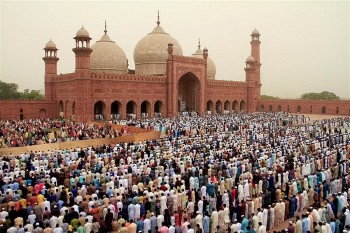 Happy Ramadan: Top 25 Most Popular Arabic Words/Phrases and Pronunciation Happy Ramadan: Top 25 Most Popular Arabic Words/Phrases and Pronunciation Every year, hundreds of millions of Muslims observe the month of Ramadan. The most typical words and phrases you might hear during Ramadan are suggested ... |

